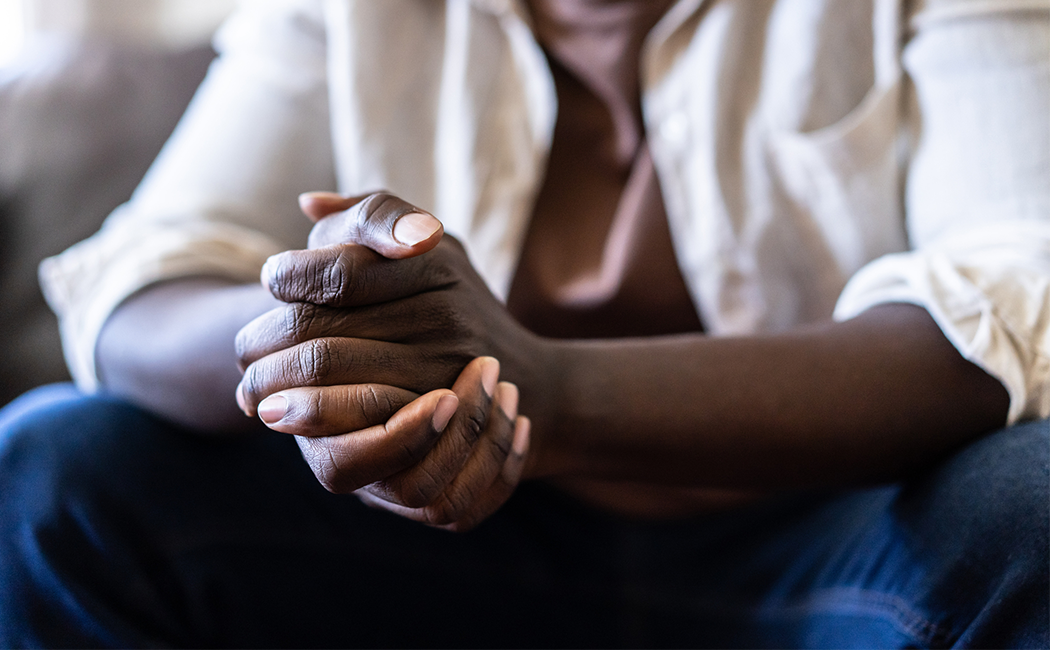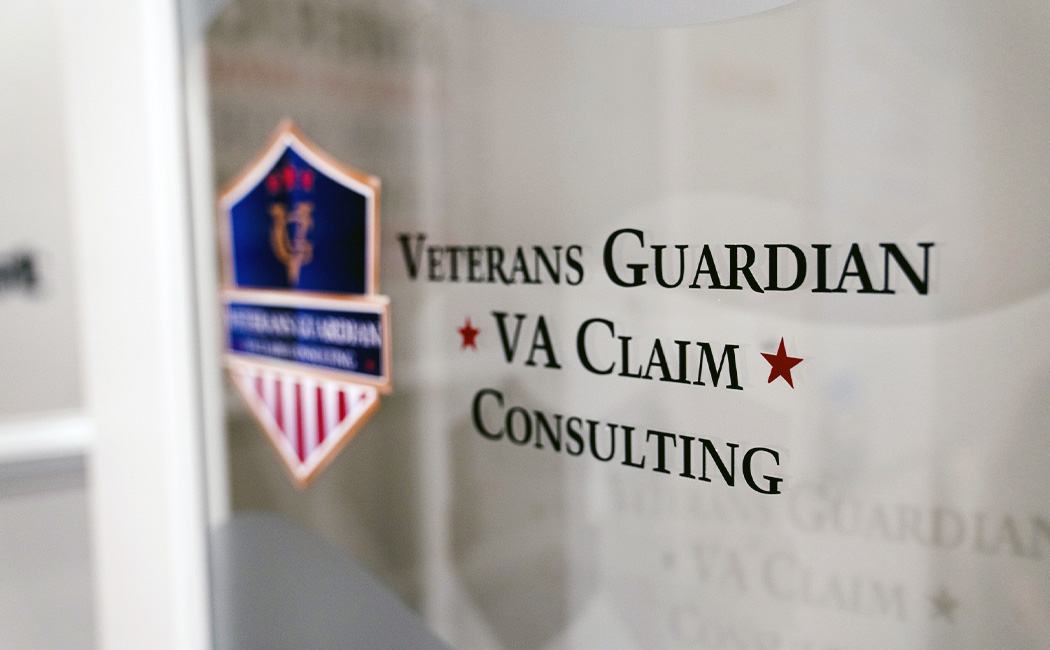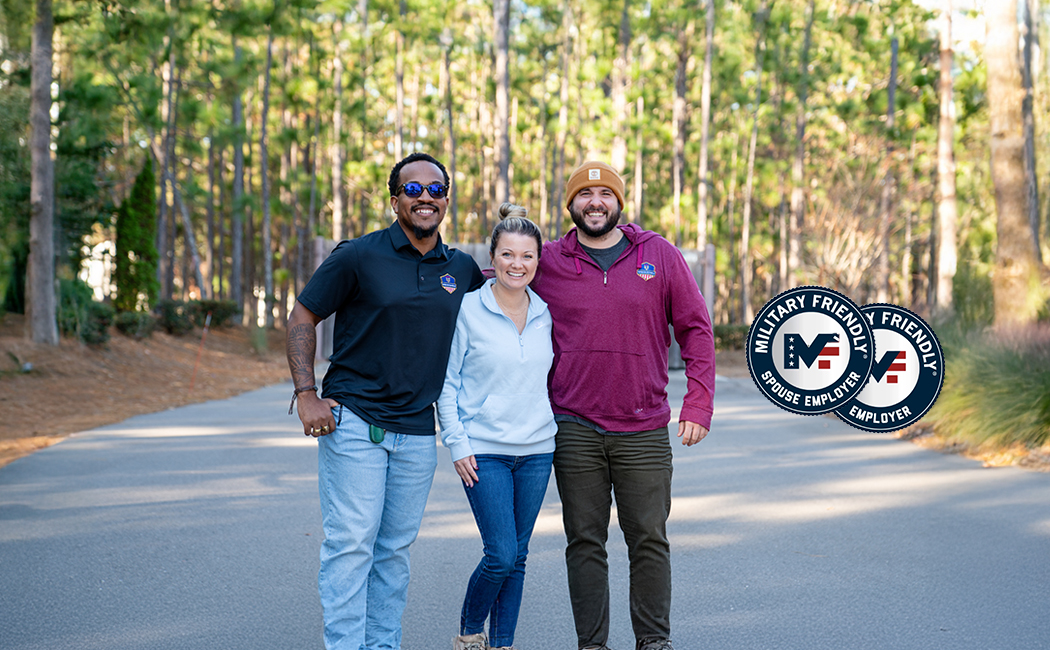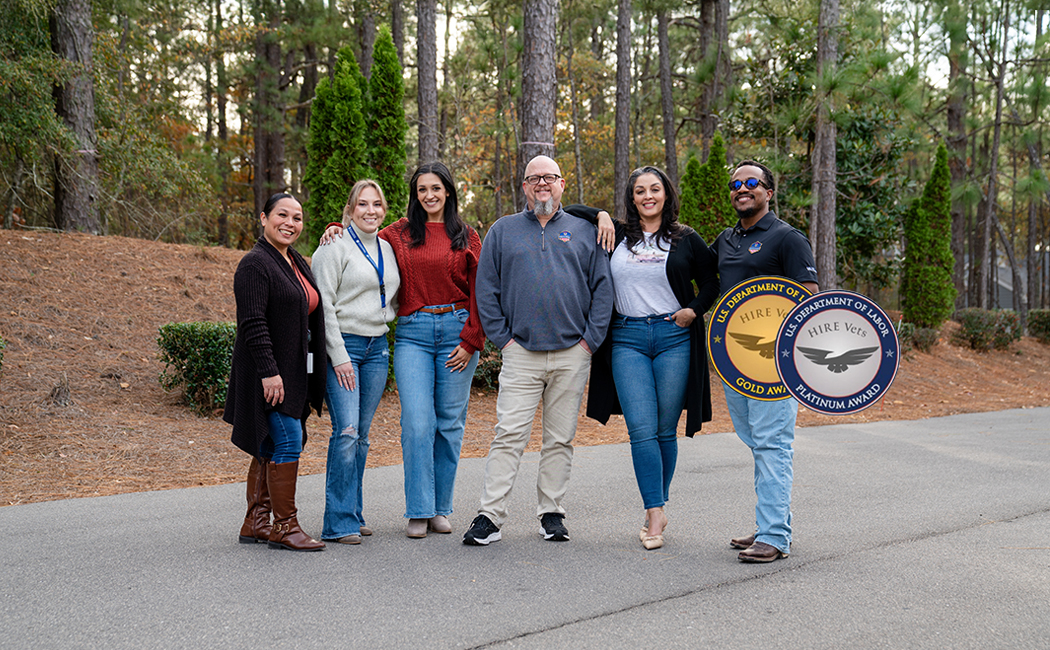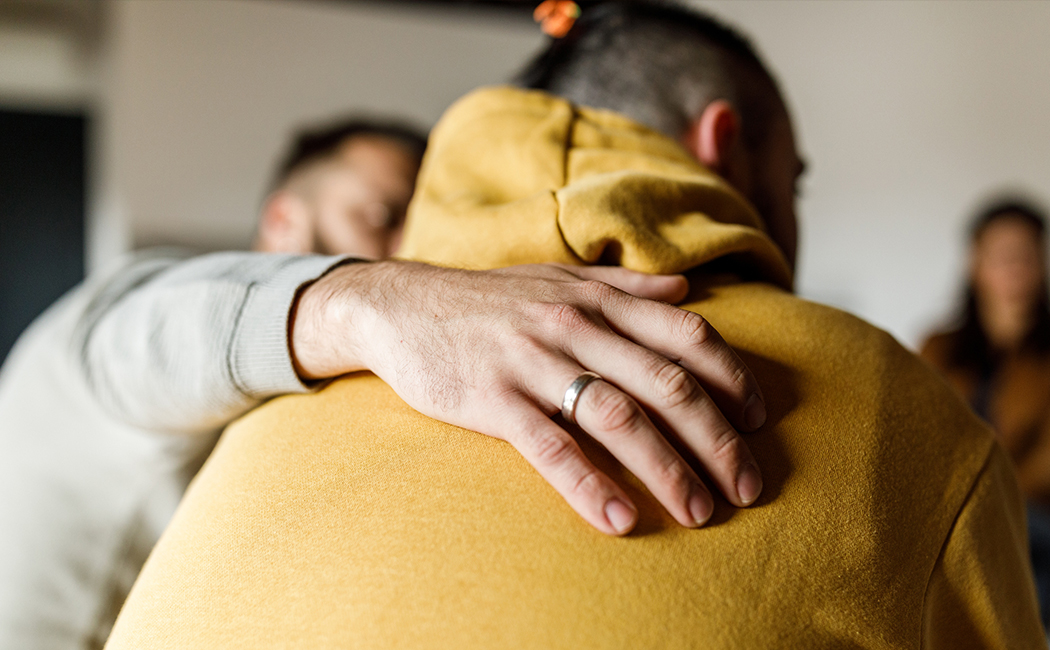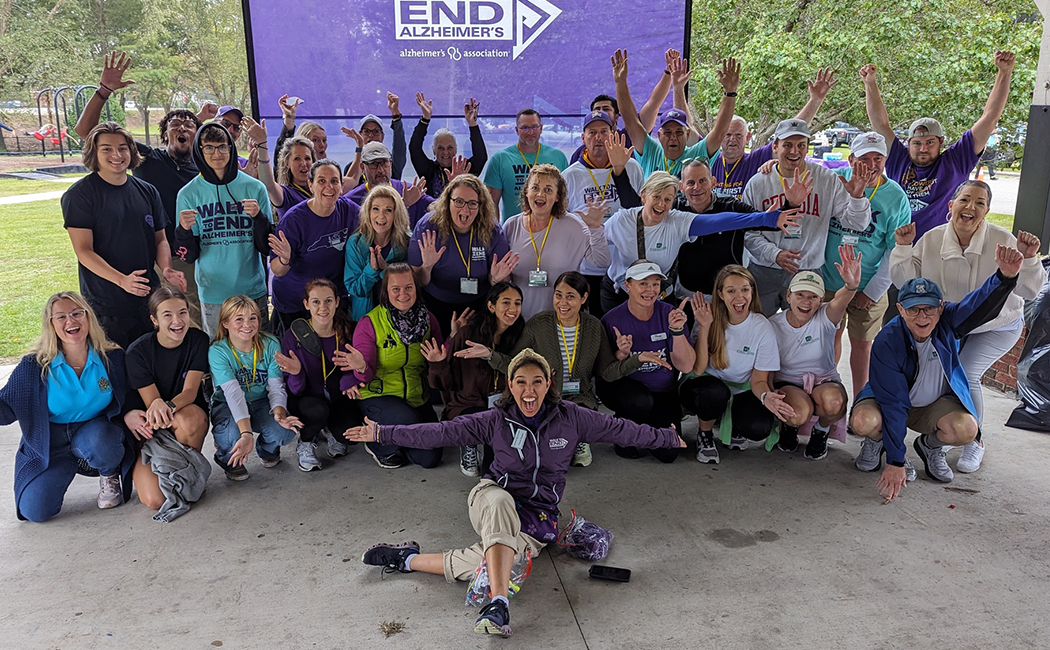Combat PTSD: Coping Strategies and Support Systems
Combat PTSD: Coping Strategies and Support Systems
As a VA benefits claim consultant company, Veterans Guardian understands the unique challenges faced by those who have served in the military. One of the most significant of these challenges is combat-related Post-Traumatic Stress Disorder (PTSD). This condition can deeply affect the lives of veterans and their families, impacting daily activities, relationships, and overall well-being. This article aims to provide effective coping strategies and information on support systems to help veterans manage their symptoms and improve their quality of life.
Understanding Combat PTSD
Combat PTSD is a mental health condition triggered by experiencing or witnessing life-threatening events during military service. Symptoms can include flashbacks, nightmares, severe anxiety, and uncontrollable thoughts about the traumatic event. These symptoms can lead to difficulty adjusting or coping with civilian life, often resulting in isolation.
Coping Strategies for Combat PTSD
- Recognize and Accept Your Feelings: Acknowledging that you have PTSD is the first step toward managing it. Understanding your triggers and emotional responses can help in developing coping strategies that work for you.
- Seek Professional Help: Consulting with mental health professionals specializing in PTSD can provide the support and treatment needed. Therapies like cognitive-behavioral therapy (CBT) and Eye Movement Desensitization and Reprocessing (EMDR) have shown significant success in treating PTSD.
- Build a Support System: Surround yourself with people who understand and support your journey. This can include family, friends, support groups, or fellow veterans. Veterans support groups offer a space to share experiences and coping strategies with those who have faced similar challenges.
- Develop Healthy Habits: Regular physical activity, a balanced diet, and adequate sleep can significantly impact mental health. Activities like yoga and meditation can also help reduce stress and improve focus.
- Find Therapeutic Activities: Engage in activities that bring joy and relaxation. This can be anything from painting, writing, gardening, or learning a new skill. Creative expression can be a powerful tool in managing PTSD symptoms.
- Stay Connected: Isolation can exacerbate PTSD symptoms. Staying connected with your community through social activities, volunteering, or online forums can provide a sense of belonging and purpose.
Support Systems for Veterans with Combat PTSD
- VA Benefits and Resources: The Department of Veterans Affairs offers various resources for veterans with PTSD. This includes counseling, therapy, and medication. Veterans Guardian can assist in navigating these resources and in helping prepare to file for VA disability benefits.
- Veterans Support Organizations: Organizations like the American Legion, Veterans of Foreign Wars (VFW), and Disabled American Veterans (DAV) provide support and advocacy for veterans. They offer various free services, from mental health resources to help with VA claims.
- Online Resources and Hotlines: There are several online platforms where veterans can find information, join support groups, or talk to counselors. The Veterans Crisis Line (dial 988, then press 1) is available 24/7 for immediate assistance.
- Community-Based Programs: Local community centers often have programs specifically designed for veterans. These can range from recreational activities to mental health workshops.
Combat PTSD is a complex and challenging condition, but with the right strategies and support, it can be managed effectively. Veterans Guardian is committed to helping veterans in their journey toward recovery by helping them secure the benefits they earned. Remember, seeking help is a sign of strength, and there are numerous resources and support systems available to assist veterans in coping with PTSD and improving their quality of life.
Together, we can create a supportive community where veterans receive the care and assistance they deserve. Remember, you are not alone.



